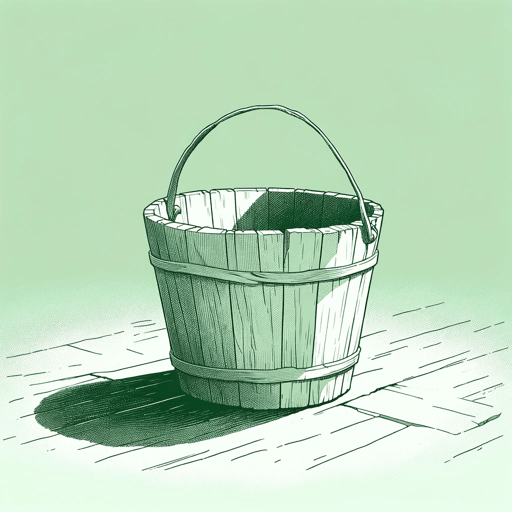51 pages • 1 hour read
Nancy IsenbergWhite Trash: The 400-Year Untold History of Class in America
Nonfiction | Book | Adult | Published in 2016A modern alternative to SparkNotes and CliffsNotes, SuperSummary offers high-quality Study Guides with detailed chapter summaries and analysis of major themes, characters, and more.
Important Quotes
“Americans have a taste for a ‘democracy of manners,’ which is different from real democracy. Voters accept huge disparities in wealth, while expecting their elected leaders to appear to be no different from the rest of us.”
(Preface to the Paperback Edition, Page xvi)
Isenberg cites Donald Trump’s popularity and election as a prime example of this tendency. Working-class voters celebrated his behavior and antics, as they identified themselves with it. Feeling mocked by elites, they enjoyed seeing Trump scorn the etiquette of traditional politics.
“First known as ‘waste people,’ and later ‘white trash,’ marginalized Americans were stigmatized for their inability to be productive, to own property, or to produce healthy and upwardly mobile children – the sense of uplift on which the American dream is predicated.”
(Preface, Pages xxvi-xxvii)
Isenberg highlights the historical presence of a white underclass in American society. While the demeaning names have changed throughout history, the underclass has consistently been blamed for its poverty and discriminated against.
“Land was the principal source of wealth, and those without any had little chance to escape servitude. It was the stigma of landlessness that would leave its mark on white trash from this day forward.”
(Introduction, Page 14)
From the earliest settlements in Puritan Massachusetts and Jamestown, Virginia, those without land were expendable. In Jamestown, they were literally worked to death. Many of the early immigrants were expelled from England and under contract to serve. They had no chance of acquiring property. Land ownership is vital to building wealth.
Featured Collections
Books on Justice & Injustice
View Collection
Books on U.S. History
View Collection
Class
View Collection
Class
View Collection
Community
View Collection
Contemporary Books on Social Justice
View Collection
Nation & Nationalism
View Collection
Sociology
View Collection
The Best of "Best Book" Lists
View Collection

